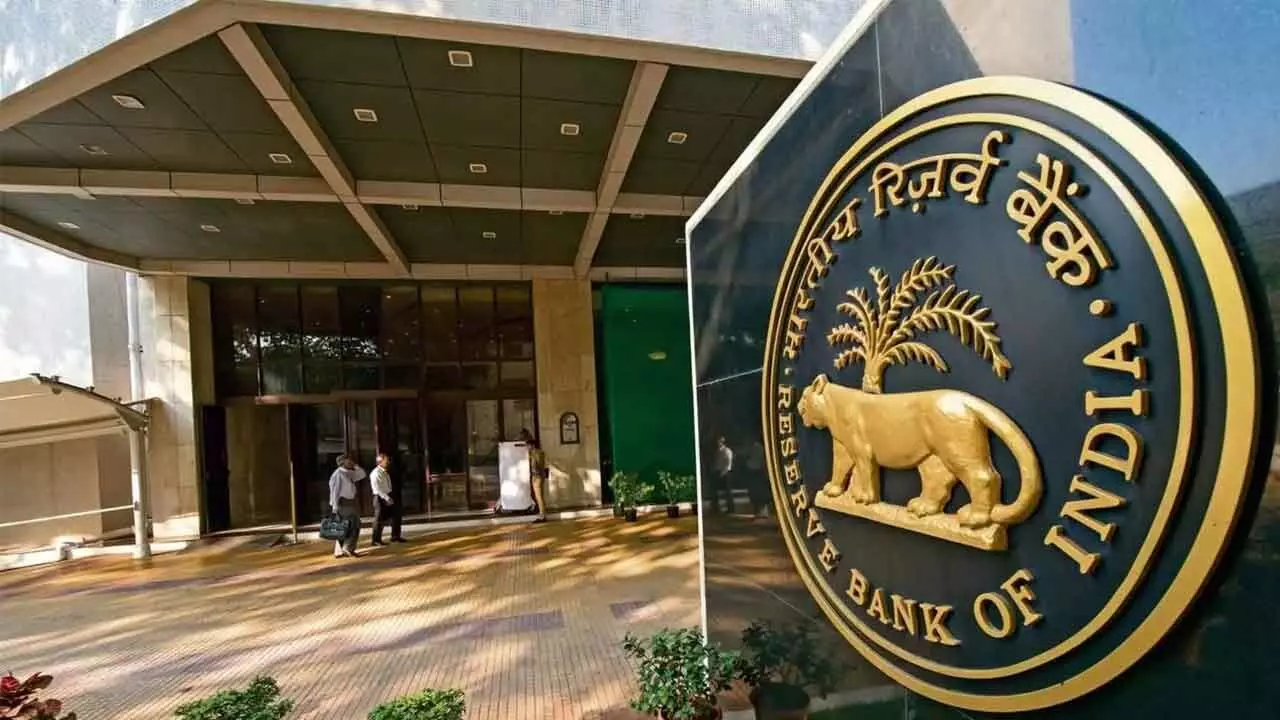RBI Cuts Repo As US Tariffs Kick In
6-member MPC unanimously votes to trim repurchase rate by 25 bps to 6%; Changed its policy stance to ‘accommodative’ from ‘neutral’
RBI Cuts Repo As US Tariffs Kick In

The difficulty to extract signal from a noisy and uncertain environment poses challenges for policy making, said RBI Governor
Mumbai: Reserve Bank of India (RBI) on Wednesday announced cut in interest rates for a second consecutive time and signaled more easing to come as it sought to bolster the economy in face of further pressure from damaging US tariffs. The Monetary Policy Committee (MPC), consisting of three central bank members and an equal number of external members, voted unanimously to cut the Repurchase or Repo rate by 25 basis points to six per cent. It had reduced rates by an equal measure in February -- the first cut since May 2020.
The move lowers borrowing costs to the lowest level since November 2022, amid easing inflation and a fall in oil prices. RBI changed its policy stance to ‘accommodative’ from ‘neutral’, indicating possibility of more rate cuts in future, Governor Sanjay Malhotra said announcing the MPC decisions.
The rate cut came on a day when the full 26 per cent additional tariffs on Indian goods exported to the US came into effect.
Explaining the meaning of change in policy stance, he said, “the change in stance means MPC intends only the status quo or rate cut.”
Since taking office in December, Malhotra has pivoted to a more growth-friendly approach than his predecessor Shaktikanta Das, who was more focused on containing price rise (inflation). The new governor cut rates in his debut policy meeting in February, and has injected more than $80 billion into the banking system in the last two months. Lower interest rates provide relief to businesses and consumers alike, potentially spurring credit demand, investments, and job creation.
On the impact of global trade and policy uncertainties on growth and inflation, the RBI governor said uncertainty in itself dampens growth by affecting investment and spending decisions of businesses and households. The dent on global growth due to trade frictions will impede domestic growth, Malhotra said, adding higher tariffs shall have a negative impact on net exports.

